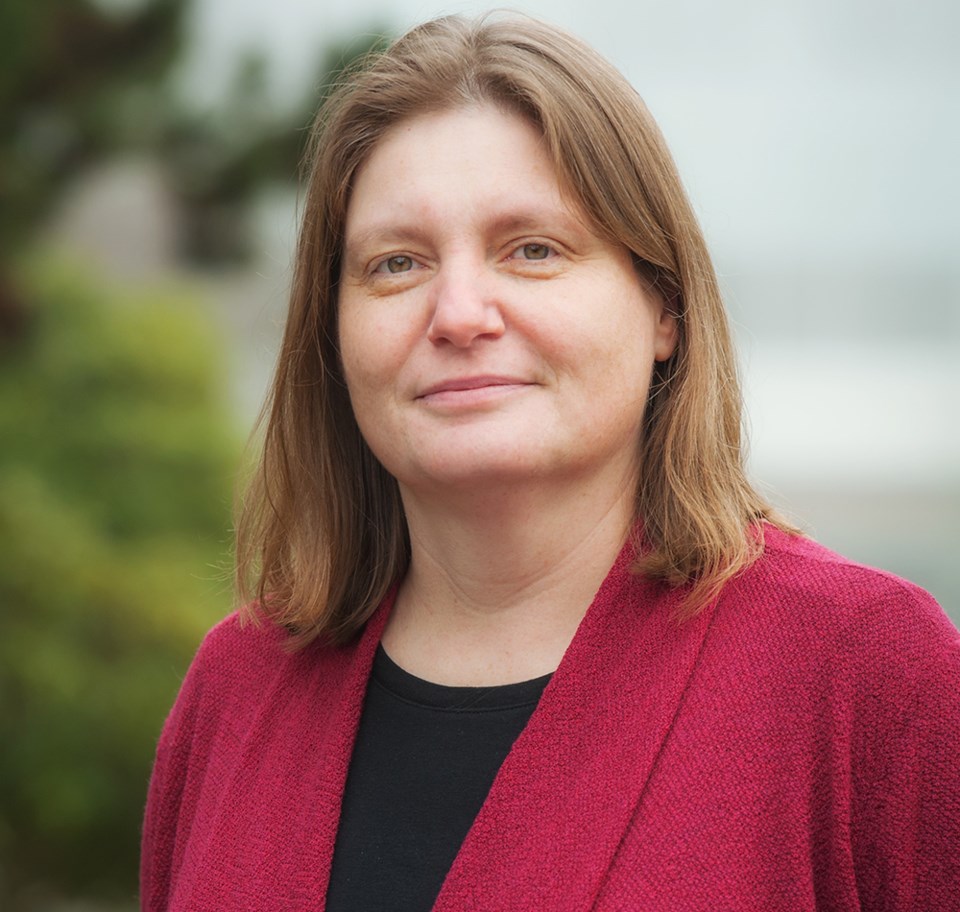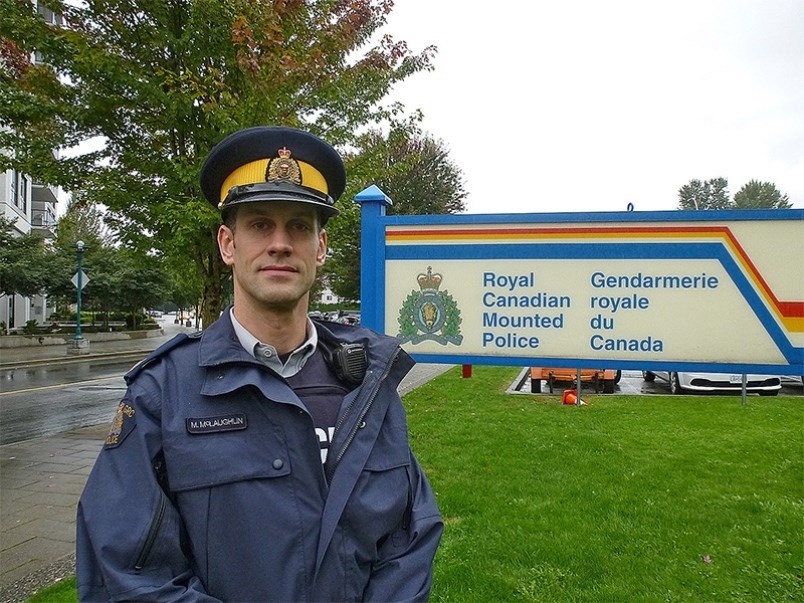Close to 22% of sexual assaults reported in the Tri-Cities last year were deemed unfounded by police, according to StatsCan, and a UBC legal expert said that raises concerns complainants are not being believed.
Janine Benedet, a law professor at UBC and former director of the university's Centre for Feminist Legal Studies, said the numbers show the difficulty people face when reporting sexual assaults.
“Never mind convincing a judge or jury,” she told The Tri-City News. “You’re not even going to convince the police officer who is suppose to be there to receive your complaint.”
In order for a case to be deemed unfounded, an investigation must determine that the reported crime did not occur and was not attempted.

Last year, 97 sexual assaults were reported to authorities in Coquitlam, Port Coquitlam and Port Moody; of those, 21 were dismissed by police, according to Statistics Canada crime data analyzed by The Tri-City News. For comparison, the 21.6% unfounded rate for sexual assault outpaces the 6% average for all Criminal Code violations and the 8.6% average for all violent crime reports.
“There is no evidence that I am aware of that suggests that sexual assault complaints are more likely to be fabricated than any other violent crime,” Benedet said.
The high number of unfounded sexual assaults gained national attention in 2017 due to the international #MeToo Movement and an investigation by reporter Robyn Doolittle of The Globe and Mail.
Since then, StatsCan has been publishing unfounded rates, a practice that had stopped in 2003 because of concerns over inconsistent data collection by police departments.
As a result, the unfounded rates have fallen across the country, from 20% when Doolittle's piece was published to 14% in 2017 and 11% in 2018.
But the averages still vary widely among municipal police forces and actually increased in the Tri-Cities last year.
The data shows that in 2018, Port Moody had the highest unfounded rate in the region at 42.9% (six of 14 reports) while Coquitlam was sixth at 20.8% (10 of 48 reports) and Port Coquitlam was 11th at 15.2% (five of 33 reports).
All three Tri-City municipalities were higher than the regional average of 11.4%.
Benedet said the wide range of unfounded rates among neighbouring cities cannot be explained by regional variations.
“Do complainants in Port Moody lie more than complainants in Maple Ridge?” she asked. “That is not right. It is not logical.”
She believes it is more likely police officers “are making stereotypical judgements about women lying about sexual assault.”
Benedet noted that sexual assaults are already significantly under-reported and added that if a large percentage of such files are dismissed by police, it makes the task of bringing perpetrators to justice even more difficult.
“You can see the incredible attrition rate for sexual assault operating in your own community,” she said. “The number of men who commit sexual assault and suffer the consequences for it is very small. There is just so much filtering.”
The Tri-Cities' two police forces pushed back against assertions they are not taking complaints seriously.
Port Moody Sgt. Travis Carroll said the force reviewed all of its unfounded sexual assault reports from 2017 and 2018 and found they were thoroughly investigated.
The reasons the reports were deemed unfounded varied. He said in one case, a victim recanted their initial statement while in others, new evidence was uncovered “that established the offence did not take place as reported.”
Officers in the department’s major crime section are trained in first-response sexual assault investigations and interviewing, he added.

Coquitlam RCMP Cpl. Michael McLaughlin said using percentages when comparing unfounded rates can be misleading because the jurisdiction has so few sexual assaults, noting there were five unfounded reports in Port Coquitlam and 10 in Coquitlam for all of last year.
“Sure, that is 15.2% and 20.8%, and one assault is too many, but the high percentage is skewed by the low number of overall assaults,” he said, later adding: “You can see how percentages are problematic for small numbers.”
There are also inconsistencies with how unfounded cases are defined and coded, McLaughlin said. While that can be problematic for data collection, he said it is more important that the frontline investigations are being handled correctly.
“All indications are that the quality investigations are happening,” he said. “We are alive to what a sensitive topic this is. We do take public complaints seriously.”



